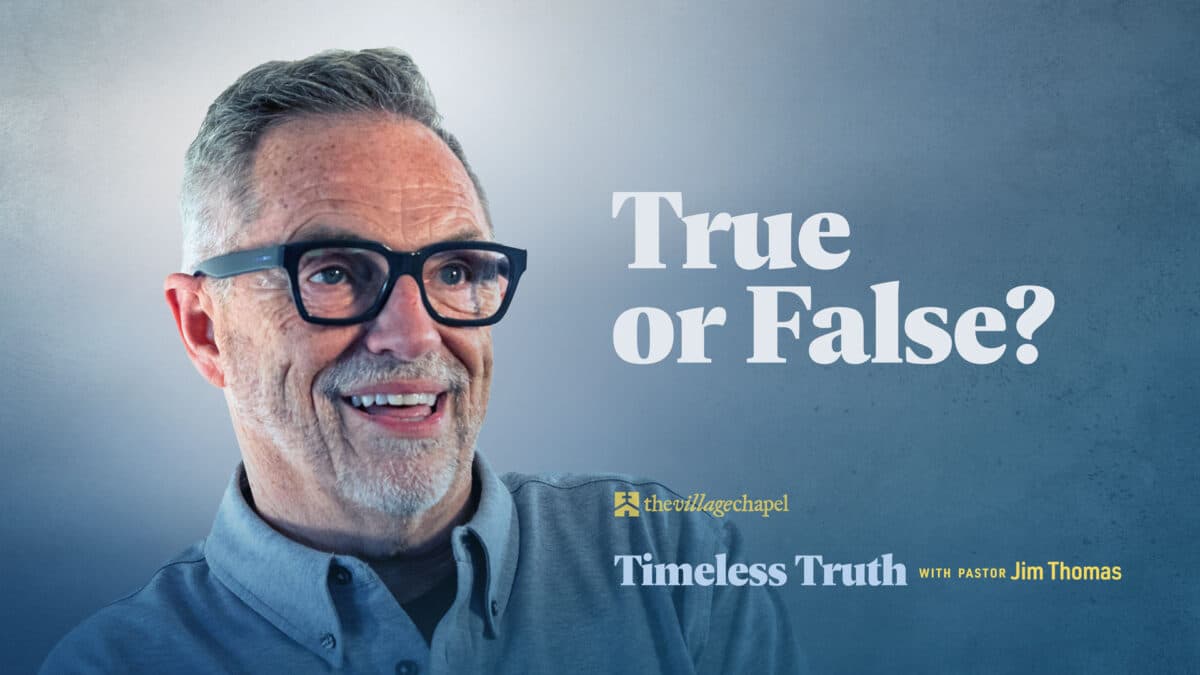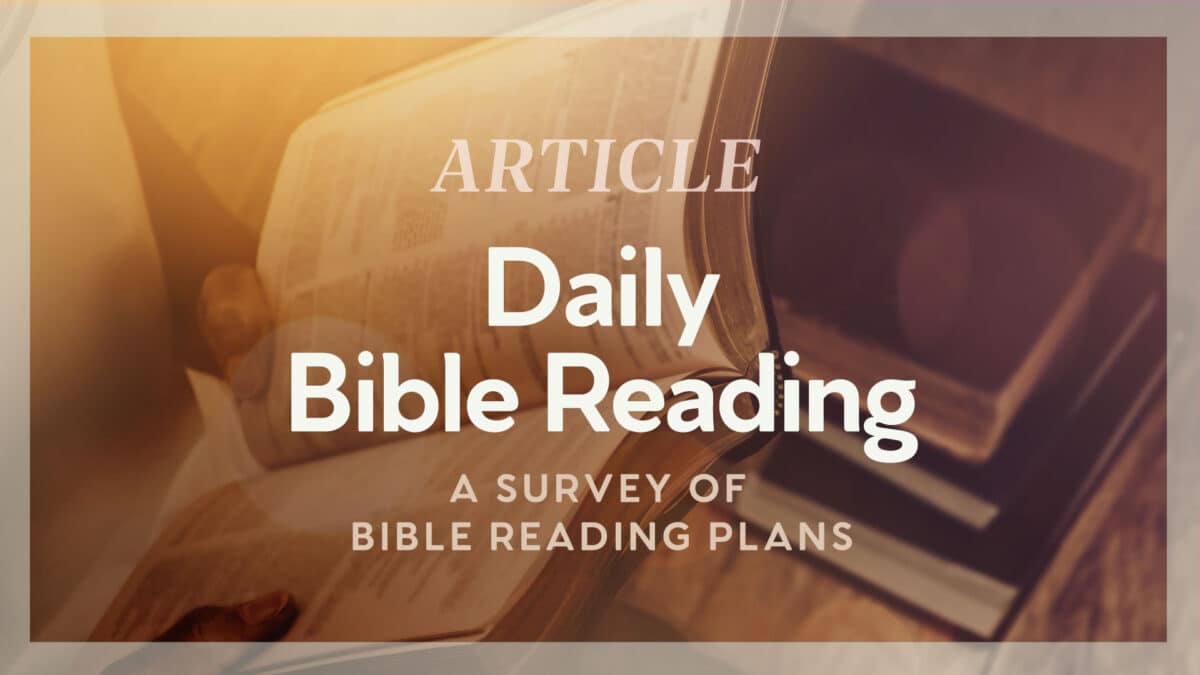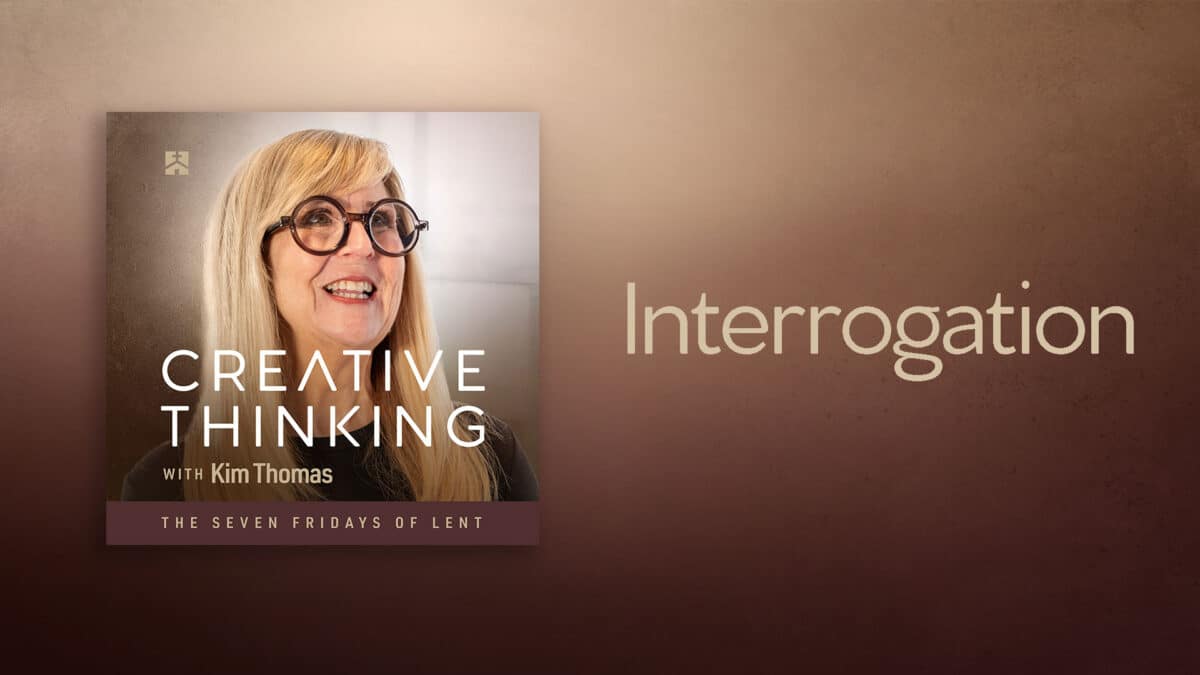Can the Bible Be Trusted?
Can We Trust the Bible?
- The world is full of books about religion, what’s so unique about the Bible?
- Who wrote the Bible and when was it written?
- What makes us think the Bible is God’s Word?
- Isn’t the Bible full of contradictions?
- Can we trust the Bible?
Human Discovery vs Divine Revelation
“Reason’s last step is the recognition that there are an infinite number of things which are beyond it. It is merely feeble if it does not go as far as to realize that.”
Blaise Pascal, Pensées 267
“All the wisdom of this world is but a tiny raft upon which we must set sail when we leave this earth. If only there was a firmer foundation upon which to sail, perhaps some divine word.”
Widely attributed to Socrates
“Only if your Gold can say things that outrage you and make you struggle (as in a real friendship or marriage!) will you know that you have gotten hold of a real God and not a figment of your own imagination. So an authoritative Bible is not the enemy of a personal relationship with God. It is the precondition for it.”
Timothy Keller, The Reason for God
What is the Bible?
- Old Testament & New Testament = 66 books
- Written over a 1600-year period of time (1500 BC-100 AD)
- Three time-trapped languages: Hebrew, Aramaic, and Greek
- 40+ diverse authors
- Variety of literary genres
What does the Bible claim about itself?
“All Scripture is inspired by God and profitable for teaching, for reproof, for correction, for training in righteousness; so that the man of God may be adequate, equipped for every good work.”
2 Timothy 3:16-17
“But know this first of all, that no prophecy of Scripture is a matter of one’s own interpretation, for no prophecy was ever made by an act of human will, but men moved by the Holy Spirit spoke from God.”
2 Peter 1: 20-21
Some of the criteria used for the recognition of various writings to be included in the New Testament canon:
1. Apostolicity: close connection to the apostles
2. Catholicity: near universal usage by the church
3. Orthodoxy: content conforms to apostolic teaching
4. Spiritual and moral impact
5. Credibility: Historical-cultural markers
How does the manuscript evidence for the Bible compare to other works of antiquity?
Ancient Literature Approx Date # Copies Time Span
Sir Frederic Kenyon
What is the purpose of the Bible?
A. W. Tozer, The Pursuit of God
John Stott
Our approach to the Bible…
John Stott
F. B. Meyer, The Secret of Guidance
Bibliography:
If you’d like to explore the credibility and veracity of the Bible more:
Jesus and the Eyewitnesses: The Gospels as Eyewitness Testimony, Richard Bauckham
Can We Trust the Gospels?, Peter J. Williams
Taking God at His Word, Kevin DeYoung
The Bible: God’s Word for Today, John Stott
Can We Still Believe the Bible?, Craig Bloomberg
Revisiting the Corruption of the New Testament: Manuscript, Patristic, and Apocryphal Evidence (Text and Canon of the New Testament), Daniel B. Wallace
The Question of Canon, Michael J. Kruger
Let the Reader Understand, Dan McCartney
How to Read the Bible as Literature, Leland Ryken
The New Testament Documents: Are They Reliable?, F. F. Bruce
The Canon of Scripture, F. F. Bruce
How to Read the Bible for All Its Worth, Gordon D. Fee, Douglas Stuart
Confronting Christianity, Rebecca McLaughlin
Numerous YouTube videos by: Wes Huff, Amy Orr-Ewing, N. T. Wright, William Lane Craig, John Lennox, RC Sproul, etc




